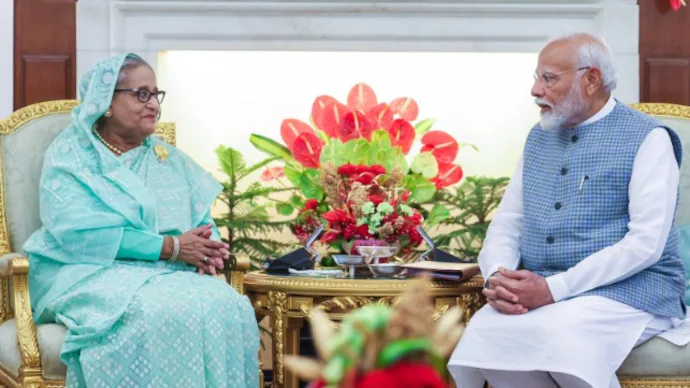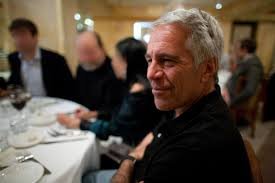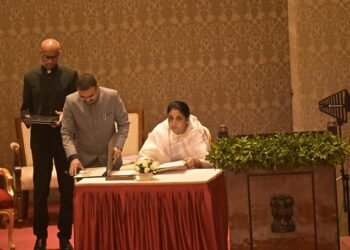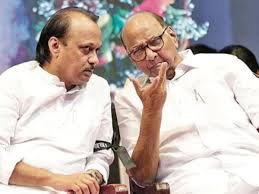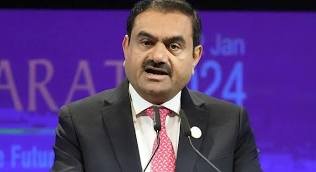A day after Home Minister Amit Shah accused the JMM(S)-led coalition of ignoring infiltration from Bangladesh, Chief Minister Hemant Soren hit back, questioning Shah with a pointed reference to the asylum granted to former Bangladesh Prime Minister Sheikh Hasina.
PC Bureau
Ranchi
The release of the BJP’s manifesto has sparked a heated political exchange in Jharkhand, with controversy centering around asylum granted to former Bangladesh Prime Minister Sheikh Hasina. Union Minister Amit Shah’s remarks on “infiltration” drew a swift rebuttal from Chief Minister Hemant Soren, who countered the BJP’s narrative during a rally in Ranka, Garhwa. Soren questioned whether the BJP had an “internal understanding” with Bangladesh, suggesting that infiltration primarily occurs through states governed by the BJP.
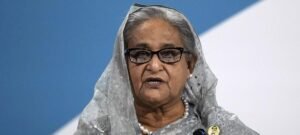
Pressing his point, Soren asked, “On what grounds was Hasina allowed refuge in India?” He further challenged, “Infiltrators are entering our country through your states, and you admit it yourself.”
The day before, Shah had accused the state of offering “shelter” to infiltrators, claiming they had been turned into a political vote bank. He promised that the BJP would end “appeasement politics,” drive out infiltrators, and “rebuild Jharkhand from scratch,” foreshadowing a hardline approach in the upcoming elections.
Also Read: Delhi Chokes: Air Quality Reaches Dangerous Levels
Beyond infiltration, the BJP’s pledge to implement a Uniform Civil Code (UCC) has stirred further debate, raising concerns among tribal communities about the impact on their customs and traditions. Shah sought to reassure these groups, stating that the UCC would exclude tribal populations.
In response, the Congress, a ruling coalition member, voiced skepticism. Senior leader Rajesh Thakur questioned Shah’s stance, saying, “If he’s speaking as Home Minister, it’s misleading. If he’s a BJP leader, then such statements are expected.”
The BJP manifesto also unveiled 25 commitments to mark Jharkhand’s 25th anniversary, including the “Gogo Didi” welfare scheme, which offers ₹2,100 per month to women, a clear counter to the Jharkhand Mukti Morcha’s Maiyan Samman Yojana, which provides ₹1,000. Additional pledges include free cooking gas during festivals and the creation of 500,000 jobs for local youth.
As Jharkhand heads toward elections, the political scene is ablaze with debates over identity, immigration, and the state’s future path.



